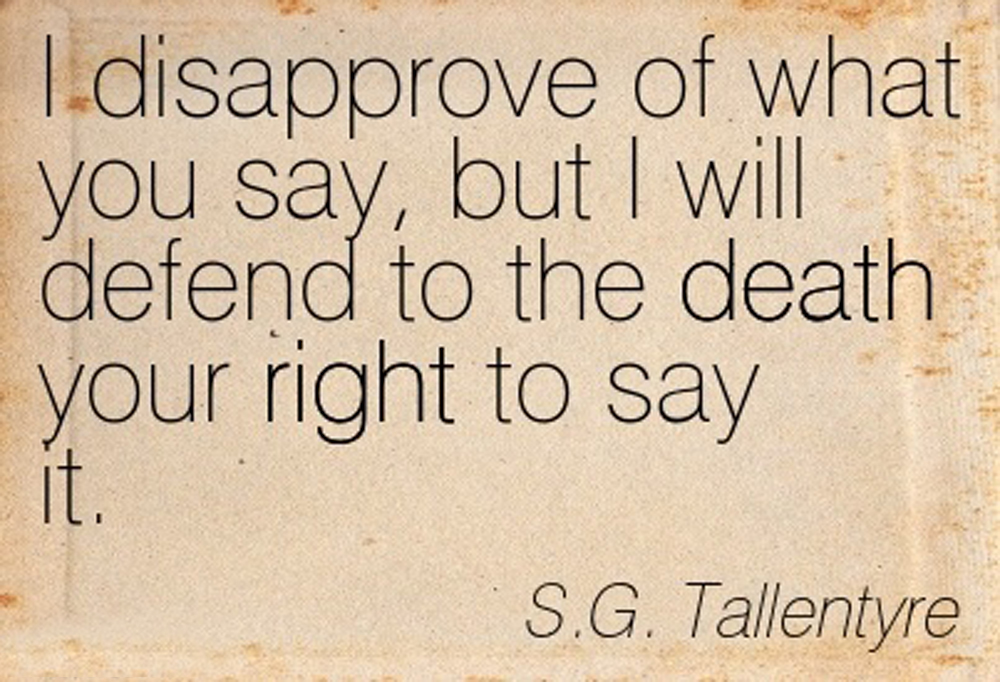 Spoiler alert: it can be both.
Spoiler alert: it can be both.
But while the latter isn’t really up for debate (it could be, but who would argue that spam isn’t irritating?), the former poses an interesting question. The Washington Post considers that very issue in a recent article, and at first blush, the question seems a bit ridiculous. Why would anyone argue on behalf of spam? The nasty stuff is a blight on the modern world, and while it’s often the butt of many a joke, spam is deadly serious. In its least harmful form, it’s an irritant with all the virtues of hydrochloric acid; it’s clogged up mail systems, costing corporations and other organizations countless losses in protecting themselves. In its most harmful form, it’s a vehicle for criminalized behavior. It’s been responsible for innumerable crimes, from theft to unauthorized intrusion, to billions lost in DDoS attacks, to unwilling victims’ unknowing participation in cybercrime. So why are we even talking about spam as if it deserves a seat at the table of free speech?
Well, because The Washington Post makes a good point. “Every time somebody tries to discuss Twitter’s dismal abuse policies — which have left thousands of people open to threats and other harassment — she (or he!) is met with the same retort: Curbing abuse would limit speech.” Writer Caitlin Dewey makes a compelling argument for something most people will be uncomfortable with: the idea that spam, in whatever form it presents itself, should at least be treated with the same level of consideration we give to other forms of speech.
To set up the defense, as it were, first one has to think about the last time they heard someone say something utterly ridiculous, scurrilous, or hateful. It shouldn’t be difficult. With so many vehicles for modern communication, one only has to look at the TV, a newspaper, or Facebook to find something that will invariably offend. But we must always be mindful that most countries have some sort of provision for freedom of speech. In her article, Ms. Dewey invokes the US Constitution: “Curbing abuse would limit speech. Limiting speech would impinge on perceived First Amendment rights. And impinging on First Amendment Rights, even when they belong to someone sending death threats or photos of dismembered bodies, would eventually topple all that is good and decent in America.”
While the US Constitution protects free speech in America, it was never written with the idea that speech would one day become an international phenomenon without borders and traveling at the speed of light. The modern world needs to be more inclusive, and that in and of itself poses many a problem. And Ms. Dewey invokes recent Tweets from legal scholar Sarah Jeong, who wrote that “‘Free speech’ is really just disagreement on who should judge what deserves to get deleted or silenced. It’s a principle of wide toleration except for *narrow* exceptions at the fringes, exactly because we don’t trust each other to decide.”
And here’s where we get to the nut of the argument. Ms. Dewey points out that “nearly 100 billion spam e-mails are sent every day, accounting for two-thirds of all e-mail traffic. And yet, if you navigate to your inbox right now, it’s unlikely that two-thirds of your messages are junk mail; an ever-more-complex web of spam flags and authentication systems selectively reroutes or deletes some of your messages, with the result that — on corporate e-mail accounts, at least — fewer than one in five delivered messages are spam.” The question, she asks, is whether this is censorship. “As recently as 2008, op-ed writers and radical speech advocates were arguing [that it is censorship].”
Spam filters are censorship? That’s not going to be a popular idea among those of us who rely on spam filters for our very sanity, and the sanity of our network users. But if you stop and really think about it, you might have an ‘A HAH!’ moment.
“I disapprove of what you say, but I will defend to the death your right to say it.” Often misattributed to Voltaire, Evelyn Beatrice Hall (who wrote under the pseudonym S. G. Tallentyre) wrote that in her 1907 biography of Voltaire. It’s one of my favorite quotes and I wish the world would commit it to memory and live by that mantra. The quote itself has become synonymous with freedom of speech, but neither Hall nor Voltaire himself could have imagined a world with spam. Nor did I, twenty years ago.
So where does that leave us? In a very uncomfortable place, it would seem. “Just Wednesday, thousands of users hijacked the hashtag #askCostolo — named for Twitter CEO Dick Costolo — to complain about the platform’s harassment policies. Wrote one particularly astute user: ‘Why is it that spammers get banned within minutes, but stalkers and people threatening violence don’t get banned at all?’ Costolo, needless to say, didn’t answer.”
